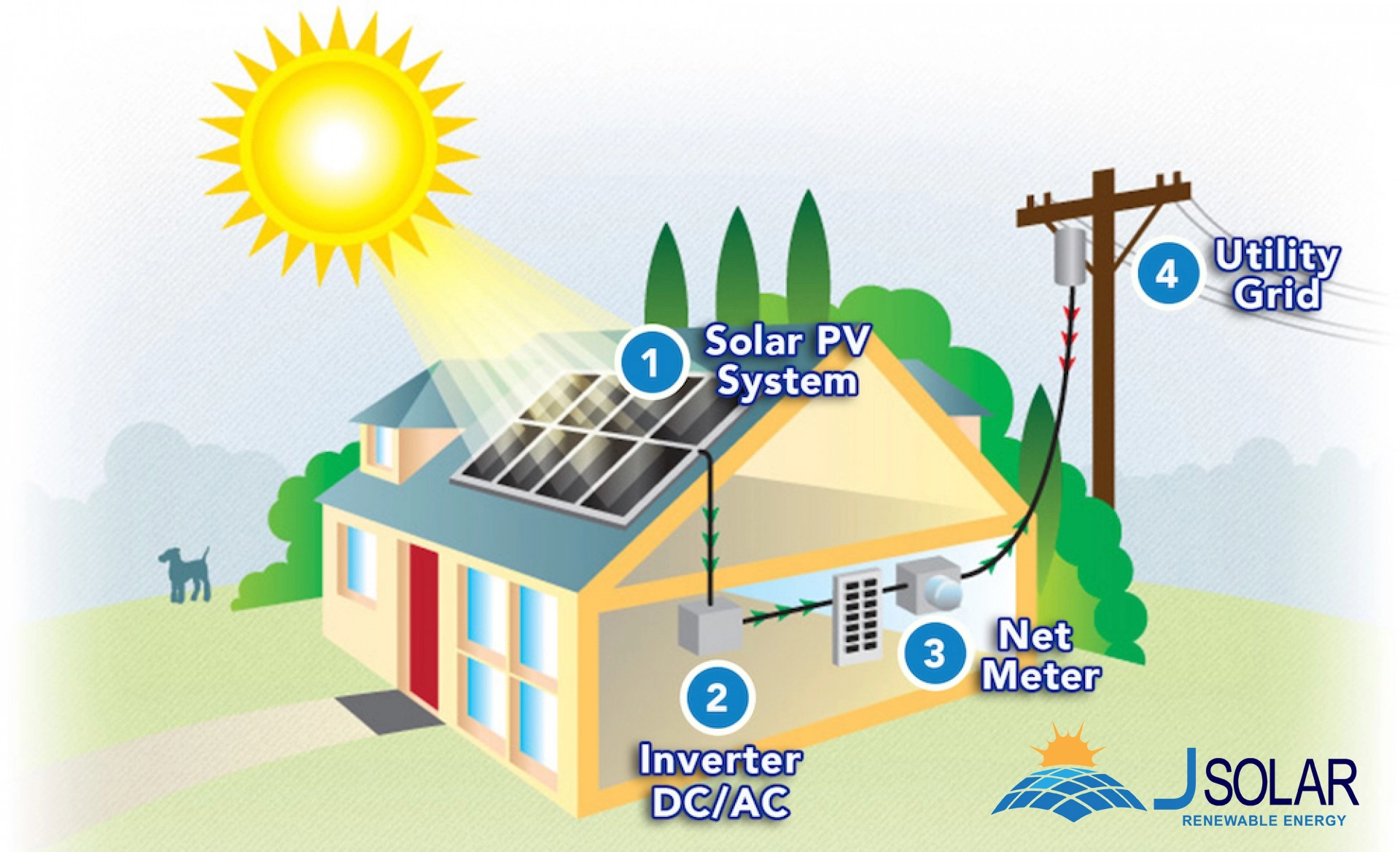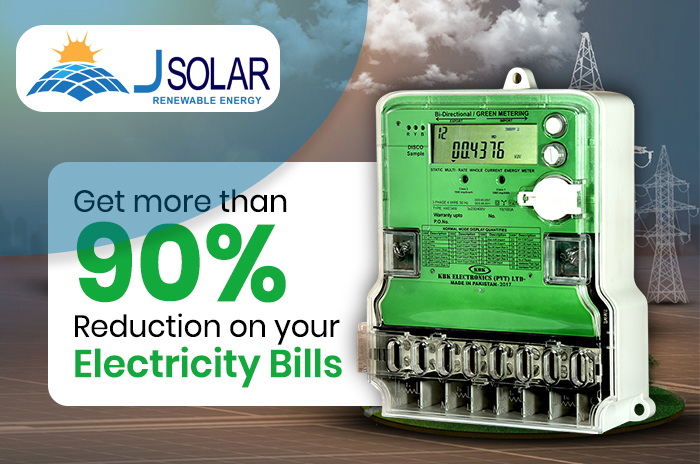
Net Metering
Net Metring in Pakistan
Net metering in Pakistan allows consumers to generate their own electricity and export any excess to the grid, offsetting their bills. Introduced in 2017, the net metering scheme has seen significant growth, with a 125% increase in applications in 2023-24 and over 113,000 connections established so far. The government has assured its continuation, encouraging the shift to solar power and promoting sustainable energy solutions.
Net Metering System
Solar system with net Metering is a mechanism that allows for the export of excess electricity produced by solar panels to the grid. The trend of Net Metering in Pakistan has been relatively low, but it is gradually gaining momentum. A net meter, also known as a green meter, is integrated with on-grid or hybrid solar panel systems to enable the net metering mechanism. It is important to note that those planning to incorporate a net meter into their solar system must have a Three Phase electricity connection in order to export the surplus generated electricity back to the national grid.

What is Net Metering?

Net Metering in Pakistan is a relatively new concept, but it offers numerous advantages for individuals with solar systems. Given the country's abundant sunlight and extended summer months, solar panels often produce 20-40% more electricity than the average household consumes. Net Metering streamlines the process of feeding excess generated electricity back into the national grid, enabling you to accumulate credits. These credits can be redeemed when you need grid electricity during nighttime or periods of low solar energy production, resulting in further reductions to your electricity bills.
NET METERING IN PAKISTAN
Applying for net metering in Pakistan involves a straightforward process. First, install an on-grid or hybrid solar PV system at your residence. Next, secure approval from LESCO (Lahore Electric Supply Company) and NEPRA (National Electric Power Regulatory Authority), which will issue a license permitting net metering. By adhering to NEPRA's net metering regulations, you can easily install a green meter at your home. Let's delve into a step-by-step guide on the net metering process, including what net metering entails, how to apply, and the necessary requirements. We'll cover everything you need to know to navigate this process seamlessly.
JSolar NET METERING PROCESS IN PAKISTAN
1. INSTALLATION OF SOLAR SYSTEM
As the national grid only imports the surplus energy generated by solar systems, it is essential to have an on-grid or hybrid solar system installed at your home before proceeding with net metering solar or the installation of a green meter in Pakistan.
2. PREPARATION OF APPLICATION
After the successful installation of the solar system, our experienced and skilled team members provide comprehensive assistance to the client in preparing the application as per the guidelines of SRO 892 (1) 2015.
3. INSPECTION & NOC ISSUANCE
Once the application approval is obtained, the process moves to the third phase, which involves inspection conducted by the Punjab Energy department. An electrical team inspects the system, and upon successful completion of the inspection, you will receive the NOC (No Objection Certificate) for net metering solar.
4. SIGNING OF AGREEMENT
This is a crucial step where an agreement is signed between the consumer and the local government energy provider, such as net metering LESCO, GEPCO, FESCO, ISECO, or QESCO. The agreement has a duration of three years, during which you are authorized to export the surplus energy to the national grid.
5. ALLOTMENT OF GENERATION LICENSE
After signing the agreement, the legal document is submitted to NEPRA (National Electric Power Regulatory Authority) for verification by the governing body. Once the agreement is verified, you will be granted a license as an independent power producer for the next three years.
6. ACTIVATION OF NET METERING
Once you have successfully obtained the generation license, your Net Metering will be activated, giving you the opportunity to save money while also earning from your solar system.


